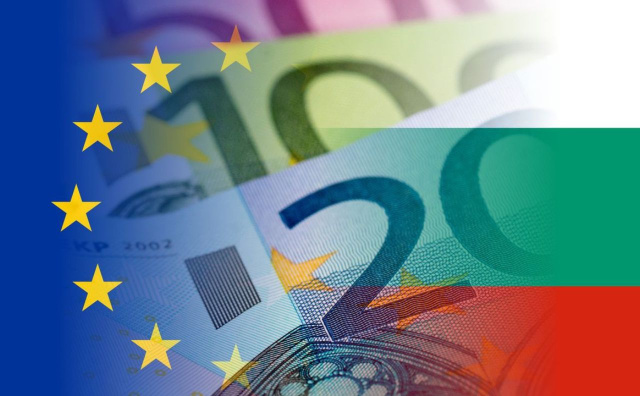Since the beginning of the public campaign to explain Bulgaria’s adoption of the euro, over BGN 1 billion has flowed into the country’s banking system. The shift appears to be largely driven by growing public awareness and confidence regarding the upcoming currency transition.
Banks in Bulgaria were among the first sectors to begin preparing for the euro, having already invested millions in readiness. According to a representative of one of the country’s largest financial institutions, their systems were already operating with multiple currencies. He noted that a vast majority – around 99% – of transactions handled by Bulgarian banks are in levs, euros, or U.S. dollars, depending on the needs of customers and market destinations.
Currently, anyone can open an account in euros, though most people don’t find it necessary. The conversion of levs to euros will take place automatically and at the fixed exchange rate, which has long been established. The transition will come without fees or the need for customers to take any action, including visiting banks at the start of 2026.
“If someone has spare levs, it’s better to deposit them now. In many banks, opening a new account comes with no fees,” advised Georgi Zamanov, a prominent figure in the banking sector.
He also pointed out that existing loans could be subject to renegotiation under the new conditions. In his view, Bulgaria could have joined the eurozone a decade ago, given its long-standing currency board and macroeconomic alignment. The delay, he said, has created unnecessary doubts among people and businesses about the transition process.
According to Zamanov, some sectors such as the taxi industry may still be lagging in preparation, not due to technical challenges but rather because they hesitated to invest amid uncertainty.
“We’ve been part of the EU for years, and now we’re in the Schengen zone. People are already used to paying in euros when they vacation in Greece, for instance,” Zamanov noted. “The key now is reaching those who still need clarity – older people in rural areas, small shopkeepers. This step isn’t just technical – it’s about moving Bulgaria forward socially and economically.”
